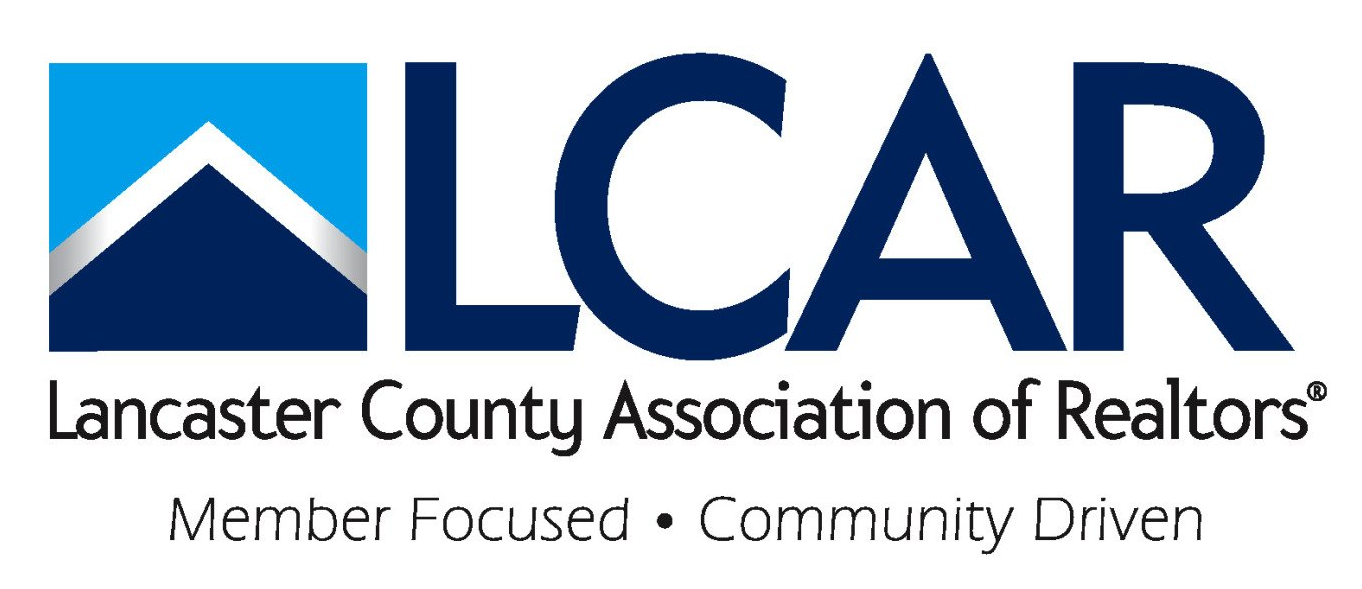Can You Airbnb?
The Lancaster County Planning Commission drafted and released Short-Term Rental Regulation in early 2019 in their series of Community Planning Tools that were created to assist municipal officials with a variety of planning topics. With the increasing popularity of short-term rentals, municipalities are under pressure to regulate them. The Planning Commission offers a template for local municipalities to use when addressing ways to regulate short-term rentals. Click here for a link to the Short-Term Rental Regulation.
Popularly referred to as airbnbs or vrbos, internet-based short-term rentals (STRs) are an increasingly popular approach to owning a real estate portfolio which is a shift from what used to be limited to long-term rentals. Municipalities are tasked with managing this newer phenomenon. According to the Short-Term Rental Regulation, there are six key considerations that municipalities should evaluate when addressing zoning:
The residential character of the neighborhood and property maintenance. Owner-occupants within residential neighborhoods are concerned with the impact that short-term rentals will have on the character of the neighborhood. Neighbors are also concerned that without an owner present, the properties will not be well-maintained.
Revenue. Municipalities recognize that short-term rentals are an opportunity to generate tax revenue.
Fairer competition with licensed lodging. Lancaster County is a tourism hub with many existing bed and breakfasts and hotels/motels. These traditional lodging establishments collect a room tax and are subject to various state and local licenses and oversight.
Protection and safety. Regulation would ensure that short-term rentals meet proper health and safety standards.
Impact on affordable housing. There is the potential that the numerous short-term rentals remove too many units from the year-round rental housing supply.
The Short-Term Rental Regulation states, “A balanced approach to address concerns on both sides of the issue is the trend. Neither outright prohibition nor absence of regulation are typically used as a means of addressing this use by any of the benchmarked communities. The trend is generally a type of compromise with oversight by local government.”
Many municipalities within Lancaster County have passed zoning regulations pertaining to short-term rentals. For example, New Holland Borough has prohibited short-term rentals in most zoning districts — click here. Beware of this when working with clients specifically searching for properties intended to operate as a short-term rental. Contact the municipality to confirm what the limitations and guidelines are, and ask about proposed zoning changes.
Other considerations mentioned in the Short-Term Rental Regulation include the fact that municipalities are legally permitted to prohibit short-term occupancy in single-family areas. It is important to understand the tax requirements of short-term rentals and whether there could be Americans with Disabilities Act (ADA) requirements.
Lisa Naples, Berkshire Hathaway HomeServices HomeSale Realty
Facts, opinions and information expressed in the Closing Comments Blog represent the work of the author and are believed to be accurate, but are not guaranteed. The Lancaster County Association of Realtors® is not liable for any potential errors, omissions or outdated information. If errors are noted within a post, please notify the Association. Posts represent the author’s opinion and are not necessarily the opinion of the Association.












